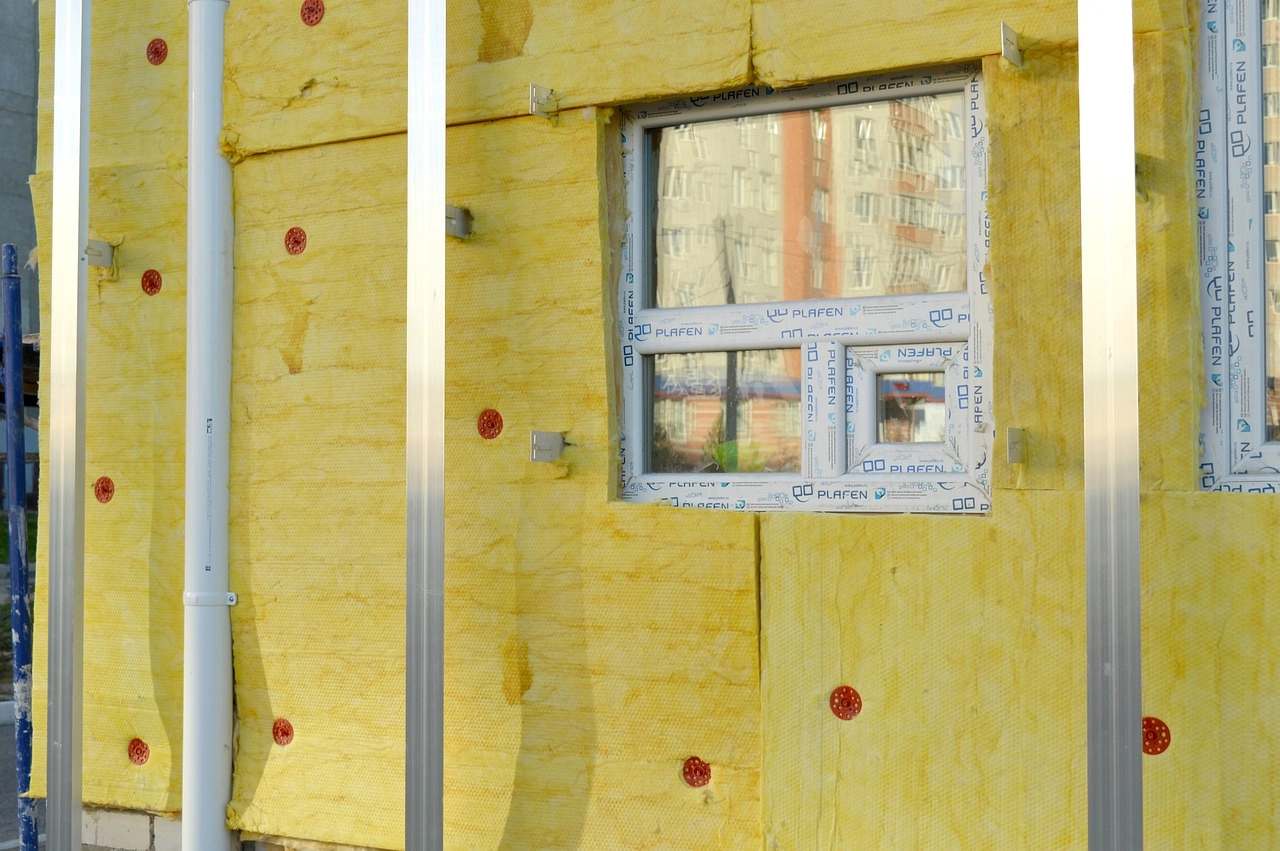
Do you want to know more about thermal insulation?
Any building"s comfort and energy efficiency depend heavily on its thermal insulation. It assists in keeping a structure cool in the summer and warm in the winter by preventing heat movement between the interior and exterior. Additionally, thermal insulation can increase fire resistance and lessen noise transmission.
1. Fiberglass Insulation - A closer look
Let"s investigate what makes fiberglass insulation so efficient in more detail.
- First, tiny glass fibers are spun into small strands to create fiberglass insulation. Air pockets are trapped by these fibers, reducing heat transfer. The insulation will effectively reduce heat gain or loss with more air pockets.
- There are two types of fiberglass insulation: batts and rolls. Insulation batts are pre-cut portions that fit between joists in the ceiling or wall studs. In contrast, rolls are lengths of insulation that may be trimmed to fit certain dimensions.
- One of its key benefits is that fiberglass insulation is reasonably simple to install. Although installing batts and rolls may be done by homeowners with some DIY experience, for best results, it is advised to employ a qualified insulation contractor for the best results.
- Fiberglass insulation also has the benefit of being moisture resistant. Fiberglass insulation does not absorb water like other forms of insulation, which aids in preventing mold growth and other moisture-related problems.

Fiberglass insulation as a thermal insulation
Fiberglass strands are combined to form the common insulating material known as fiberglass. Attics, walls, and floors are all ideal candidates for fiberglass insulation. It is also moisture-resistant and does not encourage mold or mildew formation.
2. Cellulose insulation
Fiberglass insulation is less environmentally friendly than cellulose insulation, created from recycled paper materials. It provides great thermal and acoustic insulation and is sprayed or blown into walls and attics. Additionally, resistant to fire and has a greater R-value than fiberglass insulation.
3. Spray foam insulation
When spray foam insulation is applied, a two-part liquid creates foam. It may be applied to ceilings, walls, and floors and is ideal for cramped spaces. Insulation with a high R-value from spray foam gives exceptional thermal and air barrier properties. It also assists in reducing moisture penetration and is mold- and pest-resistant.
4. Mineral wool insulation
Mineral wool insulation is frequently utilized in commercial and industrial buildings and is created from rock or slag wool. It is the best option for places that require high levels of thermal insulation and fire protection since it can sustain high temperatures and is fire resistant. Additionally, moisture-resistant and incapable of fostering the growth of mold, mineral wool insulation.
5. Reflective insulation
Reflective insulation is a type of insulation that reflects heat instead of absorbing it. It is made from aluminum foil and is commonly used in attics, roofs, and walls. Reflective insulation effectively reduces heat gain in the summer and keeps heat inside during the winter. It is also easy to install and can be used with other types of insulation.
6. Aerogel insulation
Aerogel insulation is a relatively new type made from silica aerogel, a highly porous material. It has an extremely low thermal conductivity, which makes it an excellent insulator. Aerogel insulation is also lightweight and flexible, which makes it easy to install in various spaces. It is commonly used in high-performance buildings, such as laboratories and hospitals.

Conclusions about thermal insulation
To ensure comfort and energy efficient thermal insulation is crucial in every structure to ensure comfort and energy efficiency. There are several insulating options, each with specific benefits and drawbacks.
The selection of insulating material will be influenced by the environment, building design, and budget, among other things. To choose the finest kind of insulation for their unique needs.

